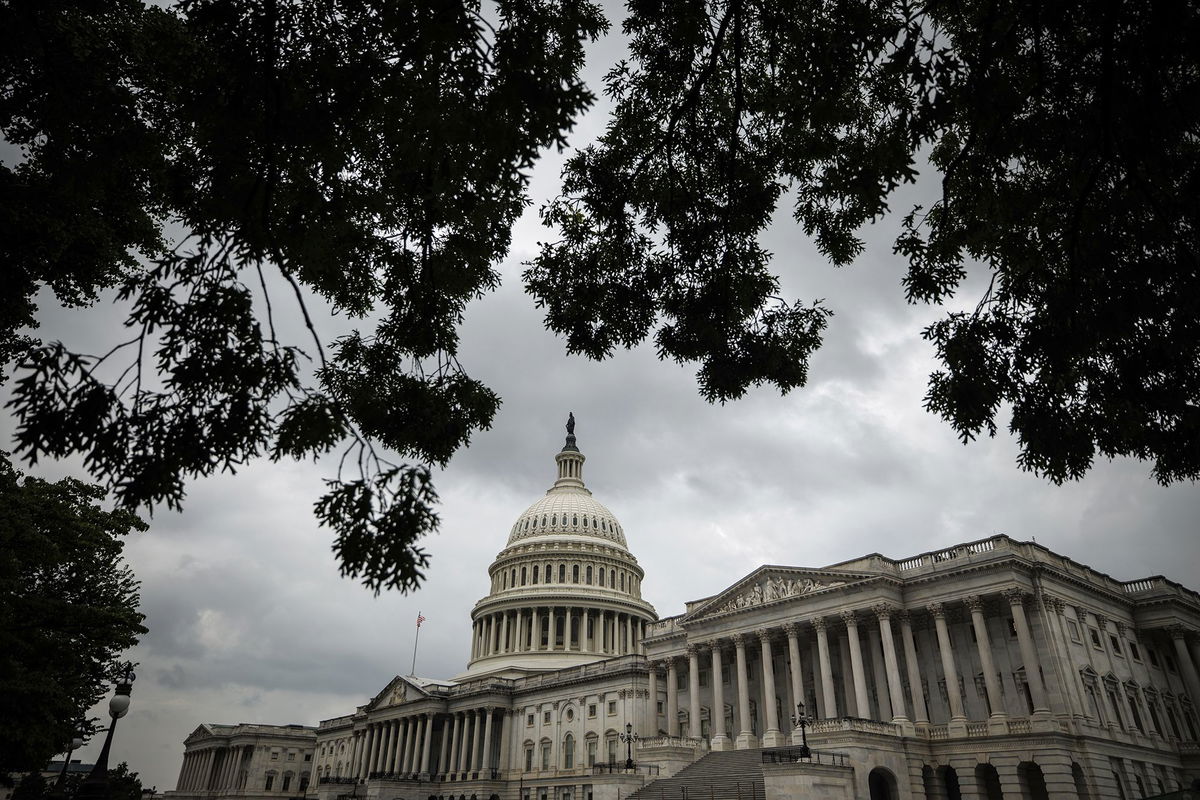Redistricting Tensions: Trump’s Strategy for Texas Republicans
In a significant move aimed at solidifying Republican power in Texas, former President Donald Trump recently engaged with a crucial faction of Texas Republicans. During a call with the House GOP delegation from Texas, he detailed a bold strategy: redrawing congressional district maps to potentially gain additional GOP seats in the upcoming midterms.
A Game of Maps
The concept of redistricting—redrawing the boundaries of electoral districts—has long been a contentious one in US politics, often described as gerrymandering when manipulated for partisan gain. Texas officially adopted its last set of maps in 2021, making this proposed change a remarkable and unusual endeavor so soon after those new boundaries were established. The Trump administration views this redistricting as critical for the GOP in what historically tends to be a challenging election period for the sitting president’s party.
Speaking via his Truth Social platform, Trump reaffirmed his confidence in Texas maintaining its Republican majority: “With the right Candidate, Texas isn’t ‘going Blue’ anytime soon!” This bold assertion speaks to Trump’s ongoing influence over the GOP and its electoral prospects.
Legal and Political Implications
The potential for redistricting in Texas has ignited a fierce political debate. Democrats are poised to challenge the proposed changes, deeming it an aggressive power play. The political landscape in Texas, historically a Republican stronghold, is becoming increasingly complex as Democratic leaders prepare to take legal action against the Trump-supported redistricting efforts.
House Minority Leader Hakeem Jeffries emphasized the determination of Texas Democrats to combat these changes, stating, “Democrats are going to push back aggressively because it’s the right thing to do.” This commitment to confrontation signals an escalating battle between the two parties over electoral control.
Special Session Scramble
In a timely response to Trump’s call, the Texas State Legislature is set to convene for a special session aimed at commencing the redistricting process. However, with the prospect of legal challenges looming, the pace at which these changes can be implemented remains uncertain. Local Republicans, while supportive of Trump’s initiative, harbor doubts about its feasibility. Some are cautious enough to suggest that a gain of two seats might be more realistic than five—a reflection of the complex political dynamics at play.
National Ramifications
While Trump’s Texas-centric strategy unfolds, it has sparked discussions beyond state lines. Other Democratic leaders view the potential redistricting as an opportunity to level the playing field. California Governor Gavin Newsom publicly entertained the idea of similar maneuvers in his state, stating, “Two can play this game.” However, many states have implemented independent commissions to oversee redistricting, limiting the potential for partisan manipulation.
Jeffries indicated that while Democrats are prepared to explore creative tactics in their own states, they will primarily focus on defending against GOP actions in Texas. “All options will continue to be on the table,” he noted, leaving the door open for tactical responses, though emphasizing a more reactive approach.
Trump’s Bid for a Republican Stronghold
The urgency behind Trump’s appeal to Texas Republicans speaks volumes about the stakes involved in the midterms. Holding or gaining ground in Texas could be pivotal for the GOP’s national strategy as they strive to maintain control of Congress. The process, however, is fraught with potential pitfalls, including legal disputes and shifting public opinion that could complicate the GOP’s roadmap for success.
With the redistricting fight heating up, both parties find themselves gearing up for what could be a defining moment in shaping the electoral landscape in Texas and beyond. As the political chess game unfolds, the implications will reverberate through the halls of Congress and resonate with voters nationwide.


